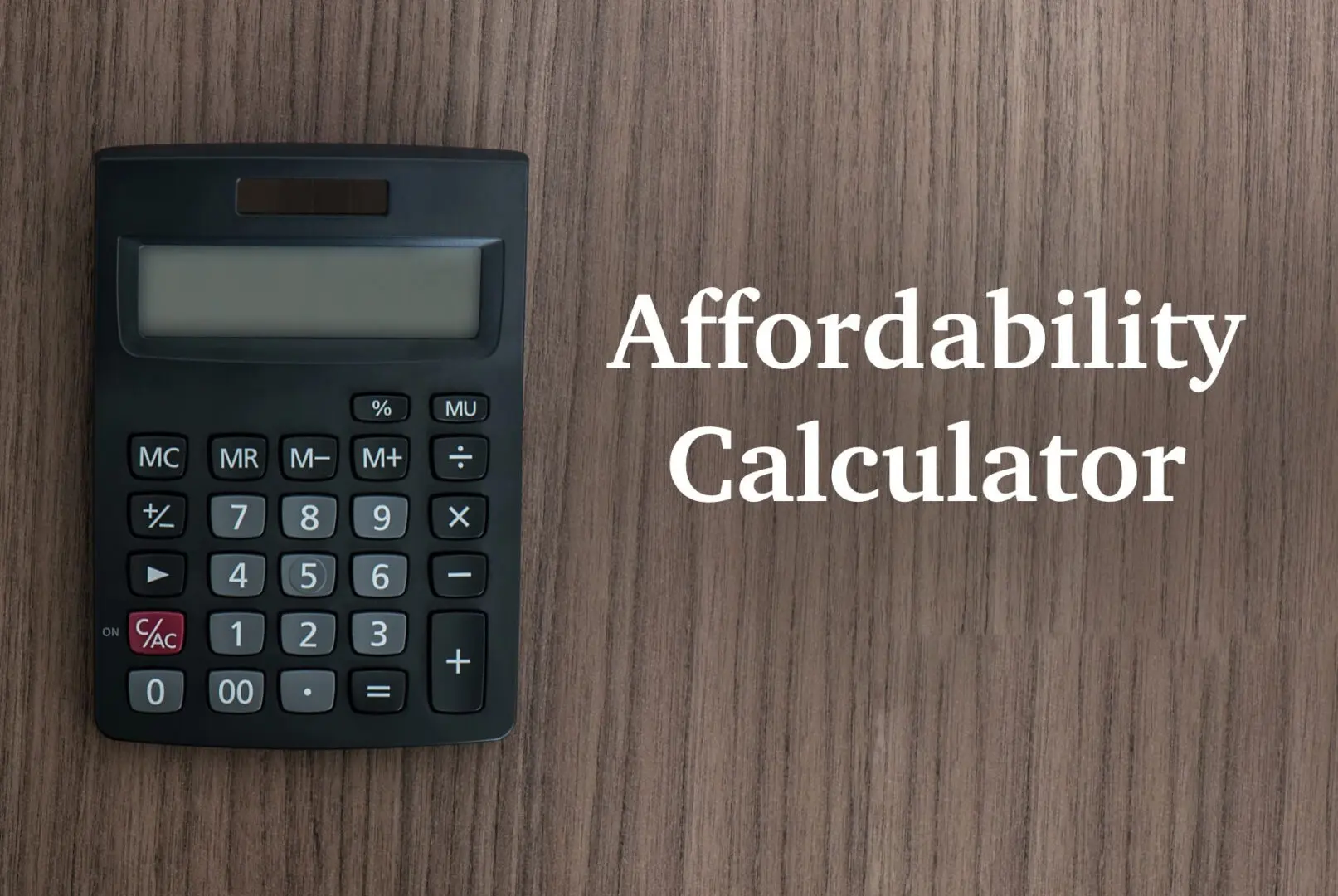
Refinance Your Jumbo Loan
Refinancing your jumbo loan might be a strategic move to lower your interest rate, improve your loan terms, access home equity, or change your mortgage type. Given that jumbo loans finance homes above standard loan limits, refinancing could offer significant financial benefits. Key considerations include market conditions, potential for lower monthly payments, and the opportunity to adjust your loan structure to better align with your financial objectives. Consulting with mortgage experts, like those at Expert Mortgage Lender, can provide insight tailored to your specific situation, helping you navigate the refinancing process effectively.

Top 5 Reasons to Refinance Your Jumbo Loan
- Secure a Lower Interest Rate: In a favorable market, refinancing your jumbo loan can lead to substantial savings by locking in a lower interest rate than what you originally obtained. This move can significantly reduce the total interest paid over the life of your loan.
- Transition to a Fixed-Rate Mortgage: For those with adjustable-rate jumbo loans, refinancing to a fixed-rate mortgage as the initial fixed period concludes ensures consistent monthly payments. This stability helps with budgeting, unlike the fluctuating payments of an ARM.
- Adjust Your Loan Term: Whether you're looking to decrease your monthly payments by extending your loan term or save on interest by shortening it, refinancing offers the flexibility to modify the length of your loan according to your current financial situation.
- Leverage Home Equity with a Cash-Out Refinance: If you've accumulated significant equity, a cash-out refinance allows you to access this capital for other financial needs, such as home improvements, debt consolidation, or education expenses, while still keeping a portion of your home's equity intact.
- Remove or Add Borrowers to the Loan: Life changes such as marriage, divorce, or a significant increase in income may necessitate the need to either add or remove borrowers from your mortgage. Refinancing provides a path to adjust the borrowers on the loan to reflect your current situation accurately.
Refinancing a jumbo loan can offer numerous advantages, from financial savings to better aligning your mortgage with your current needs and future goals. When considering refinancing, it's essential to weigh these benefits against the costs and ensure it aligns with your long-term financial strategy.
When Refinancing Your Jumbo Loan Might Not Be Wise
There are certain situations where refinancing your jumbo loan could be more of a setback than a step forward. Here's when you might want to hit pause on the refinancing process:
Understanding these red flags can save you from making a refinancing decision that might not align with your current financial situation or long-term goals.

Optimal Conditions for Refinancing Your Jumbo Loan
Certain conditions signal an opportune time for considering a jumbo loan refinance. Here's when taking action could be advantageous:
Identifying these green flags can guide you toward a timely and beneficial decision to refinance your jumbo loan, aligning your mortgage more closely with your financial goals and current market conditions.
Refinancing a Jumbo Loan: Key Requirements
Refinancing a jumbo loan involves meeting specific lender criteria designed to assess your financial stability and creditworthiness. Here’s a streamlined overview of the essential requirements:
Understanding and preparing for these requirements can significantly streamline the refinancing process, potentially leading to better loan terms and financial savings.


What are the differences with Jumbo rates and fees?
Jumbo refinance rates are generally higher than those for conventional loans, reflecting the lender's higher risk due to larger loan amounts. Expect to see rates 0.25% to 1% above conventional refinance rates. Similarly, the fees and closing costs for jumbo refinances are also elevated, due to the greater sums involved and the inability of lenders to sell these loans to Fannie Mae or Freddie Mac. This necessitates higher charges to mitigate the risk associated with these larger, non-conforming loans.
Refinancing a jumbo loan comes with its unique set of challenges due to the larger loan amounts involved.
Here's a concise overview of what you might encounter:
Elevated Closing Costs: Expect closing costs to range between 2% to 6% of your loan's principal balance. While these costs can often be rolled into the new loan, doing so can increase both your monthly payments and the overall interest rate of the loan.
Extended Approval Times: Unlike the automated underwriting process used for many other loan types, jumbo refinance loans typically undergo a manual underwriting process. This method is more time-consuming, as underwriters perform a detailed review of your financial records to assess risk, extending the approval timeline.
Stricter Qualification Criteria: Qualifying for a jumbo refinance loan demands excellent credit, a low debt-to-income (DTI) ratio, and significant cash reserves. If your financial profile includes negative credit marks, a high DTI ratio, or insufficient cash reserves, it may be advisable to improve these aspects before applying for a refinance.
Navigating these complications requires careful planning and consideration, ensuring that refinancing is both a timely and beneficial financial move.
Are Jumbo Loans Riskier?
Yes, jumbo loans are considered riskier for lenders compared to conventional or government-backed mortgages due to several factors:
These factors combined make jumbo loans a riskier proposition for lenders, necessitating careful scrutiny of the borrower's ability to repay the loan.

